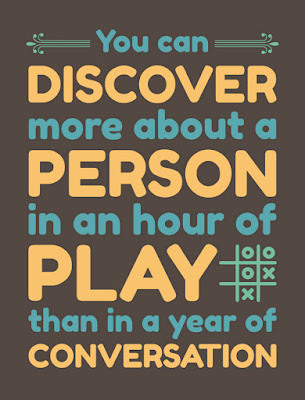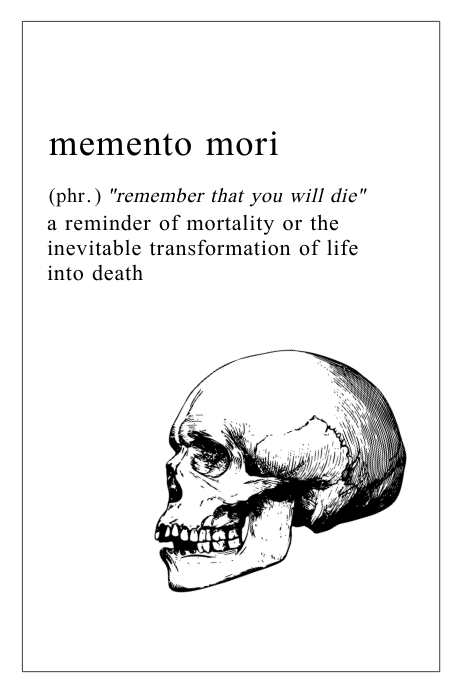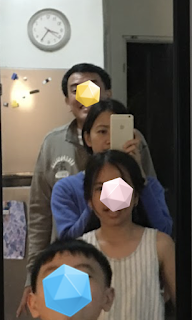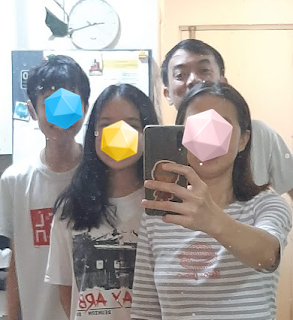 |
| ctto |
The way other people behave and function is not about you. #itsNOTpersonal
Among the topic in CAD, what do you find the most interesting?
I really enjoyed the moral development theory of Kohlberg especially the Heinz dilemma because I find this theory most applicable for me. Babies and toddlers are self-focused and had to be taught about concepts of sharing and taking turns. However, as the child grows and becomes more exposed to society’s right and wrong, his or her morality and concern shifts from self towards others until it reaches the last level when the rule of law and universal principles are ascribed.
Among the topic in CAD, what do you find the most intriguing?
The psychosexual stages espoused by Freud is the most intriguing and amusing for me. I never really understood about it except for its infamous sexual undertones until this class. I find it intriguing that Freud was able to relate the stages of human development on its corresponding libido of a human’s body part - oral: the mouth, anal: the anus, phallic: the penis or clitoris, latent: little or no sexual motivation, genital: penis or vagina. His was a perspective hinged on sexual drives all throughout the stages of human life. I now understand why someone who is detailed-oriented is labeled as being ‘anal’ which is the second stage of Freud’s theory.
 |
| ctto |
Give at least five (5) concepts that impact your life.
Havighurst’s Developmental Task Theory - Havighurst believed that the stages of our lives are marked with tasks involving physical, personal and social maturity that must be accomplished in order to have the security each stage required. I see this theory resonating in my life because these listed developmental tasks were very consistent to my corresponding problems and achievements. Also, it has given me a different perspective as to what could be crucial struggles some people may be facing.
Erikson’s Psychosocial Stages - Erikson talked about the various conflicting values for the different stages of human life, when these conflicts are addressed properly, children develop the positive values. I find this helpful because life is all about balance. Too much of one thing is never beneficial. Having a theory to remind you of these values is a welcome help especially to professionals with numerous concerns and responsibilities.
Maslow’s Hierarchy of Needs - The hierarchy of needs is a popular concept discussed and familiar across all fields of study, that is why it is very impactful. I remember Dr. Barrios using this theory as an explanation as to why church organizations conduct outreach activities such as feeding programs, medical missions among others in order to address the physiological needs of the community first.
Vygotsky’s Sociocultural Theory - I particularly find the more knowledgeable componenet of Vygotsky’s theory a strong validation that learning comes from various sources, not solely from the experienced teacher. This theory is very liberating because it recognized the myriad ways in which one may learn from and has taken the sole responsibility of teaching on the feeble shoulders of a teacher.
Chomsky’s Sociocultural Theory - According to Chomsky, language acquisition happens in the brain, because human beings are born with the capacity to learn language around them. However, since language involves various concepts, there are numerous teaching strategies that would improve language development among children.
 |
| ctto |
From the documentary “Waiting for Superman”, list five things you learned.
The documentary Waiting for Superman from director Davis Guggenheim is a commentary on the state of American public education system. I have learned the following five things from this film:
The poor quality of American public school
I have heard from many friends who have decided to migrate to America about the superior public school education compared to that of the Philippines. Admittedly, US’ public education is better than ours. We do not even have enough infrastructure to cover our Filipino students’ needs. However, this is the first time that I have known of how big a problem the US public education system. Though with numerous facilities and budget allocations, US public education is far from its superior quality it once boasts. The presence of dropout factories and lemon dance are public issues that every American need to be concerned about.
The impact of poor performing teachers
The documentary attributed poor student achievement to poor teacher performance. As tenured employees, public school teachers are regular employees with legal rights to compensation and employment benefits. They also enjoy due process from termination due to their poor performance.
Charter schools
Charter schools are special schools funded by US public fund but enjoy autonomy. The film highlights charter schools for their unique way of teaching and ensuring student success. US charter schools employ different methods and approaches to teaching which allow their students to learn better compared to their normal public school equivalent.
Lottery in charter schools
Since charter schools produce better students, parents choose it over normal public schools. This creates a supply and demand problem since there are limited slots for student enrollment. In order to be fair, charter schools offer lottery system. The film followed families trying it out to be picked in the charter school lotteries. Those who were lucky went home ecstatic, but the more numerous ones who failed to get picked went home frustrated and discouraged.
What the Philippines can learn from the documentary
Looking at how poor teacher performance translate to student performance, I am particularly curious how this issue plays out in the context of the Philippines. Though our dropout rates are high, it is not teacher performance but poverty that is the main reason considered. I am interested to know how public school teacher performance is guaranteed.
 |
| ctto |
Name three things you discovered about yourself based on the theories discussed.
I have learned that I favor the trial and error problem solving from Thorndike’s theory. Wrong decisions that led to mistakes are never to be repeated because they leave me scarred and wiser. In terms of processing the world around me, I tend to look at life the way Piaget’s cognitive development described his theory. I have an understanding of how things are, and as I know more about my world, my perception and reasoning changes and grow as well. Lastly, basing on Maslow’s hierarchy of needs, I desire to achieve the goals I have set for my self working hard that I may develop self-esteem and consider myself a success.













